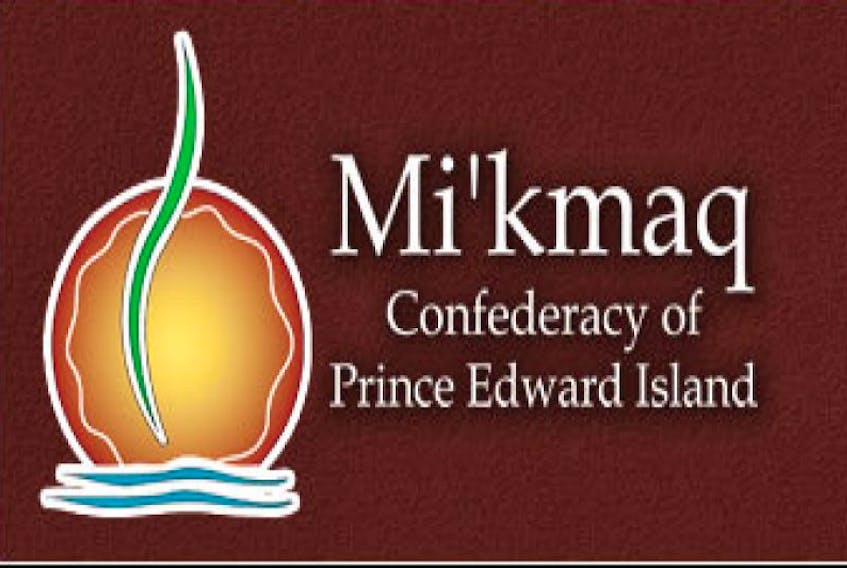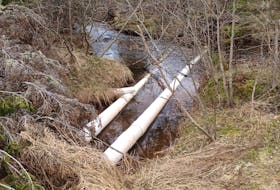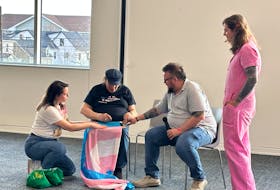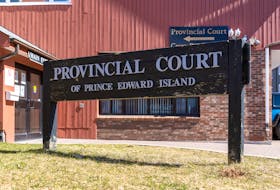Island first nations and the Mi’kmaq Confederacy of P.E.I. have signed a restorative justice agreement with the federal government, which will add Fisheries Act offences to the MCPEI Indigenous Justice program.
Participating in the formal ceremony on Tuesday was the Department of Fisheries and Oceans, MCPEI, Lennox Island First Nation and Abegweit First Nation.
“This Memorandum of Understanding with the Mi’kmaq Confederacy of P.E.I. is an important step forward. It is the first signed agreement of its kind in eastern Canada, and I hope we will see many more like it,” said Minister of Fisheries, Oceans Dominic LeBlanc.
Under the agreement, members of Lennox Island and Abegweit First Nations, including those of the Mi’kmaq heritage permanently residing on one of the First Nation reserves, may be eligible, under predetermined criteria, to have their case diverted from the traditional court system.
In order to pursue this approach, the offender must accept responsibility for the act that forms the basis of the offence and comply with the provisions of the alternative measures devised by the program. Cases that could be diverted include any offences under the Fisheries Act and other offences on the joint recommendation of the officer and the justice director, with the written consent of the chief federal prosecutor.
Matilda Ramjattan, chief of the Lennox Island First Nation and co-chair of MCPEI board of directors, added, “We have seen firsthand through the Mi'kmaq Confederacy’s Indigenous Justice Program the positive impact on our communities through restorative justice with respect to Criminal Code offences. It was a natural progression to extend the approach of community healing and rehabilitation to offences related to the fishery.
“As with Criminal Code offences, it is important to recognize that this approach does not provide the offender with a free pass; rather it is a comprehensive process aimed at healing and reconciliation."
Restorative justice is an alternative to the traditional court system that allows Indigenous and other groups to use a process based on holistic community values. It is an approach that personalizes the offence by having victims and offenders mediate a restitution agreement – one that often involves the community. It considers crime and wrongdoing to be an offence against an individual or community.









